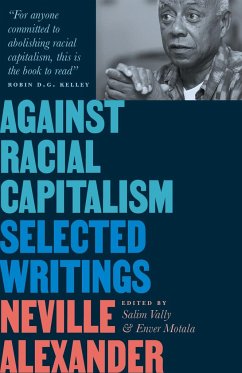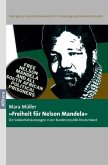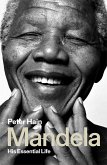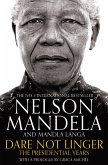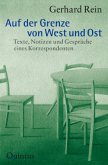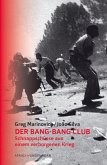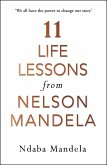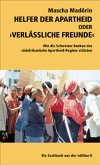Neville Alexander is not a household name, but he should be. As a revolutionary public intellectual, activist and former political prisoner, he is among the most important theorists of racial capitalism to emerge during the struggle against Apartheid.
Alexander's writings engage with some of the important debates in South Africa from the last 50 years, many of which have international resonance today: from the unresolved national question and the relationship between 'race' and class; the continuities of racial capitalism in post-apartheid South Africa; the role and purpose of schooling and higher education; and the importance of nation building and multilingualism. An opponent of the neoliberal trajectory embarked upon by the post-apartheid establishment in the 1990s, Alexander was always reflective and humble but never wavered from his own self-description: a non-dogmatic Marxist, pan-Africanist and internationalist.
This carefully curated collection brings his incredible body of work to an international audience for the first time. It features a comprehensive introduction, a timeline of key events in the life of Alexander, selected articles, speeches, op-eds, book chapters and a bibliography of his writings.
Alexander's writings engage with some of the important debates in South Africa from the last 50 years, many of which have international resonance today: from the unresolved national question and the relationship between 'race' and class; the continuities of racial capitalism in post-apartheid South Africa; the role and purpose of schooling and higher education; and the importance of nation building and multilingualism. An opponent of the neoliberal trajectory embarked upon by the post-apartheid establishment in the 1990s, Alexander was always reflective and humble but never wavered from his own self-description: a non-dogmatic Marxist, pan-Africanist and internationalist.
This carefully curated collection brings his incredible body of work to an international audience for the first time. It features a comprehensive introduction, a timeline of key events in the life of Alexander, selected articles, speeches, op-eds, book chapters and a bibliography of his writings.

